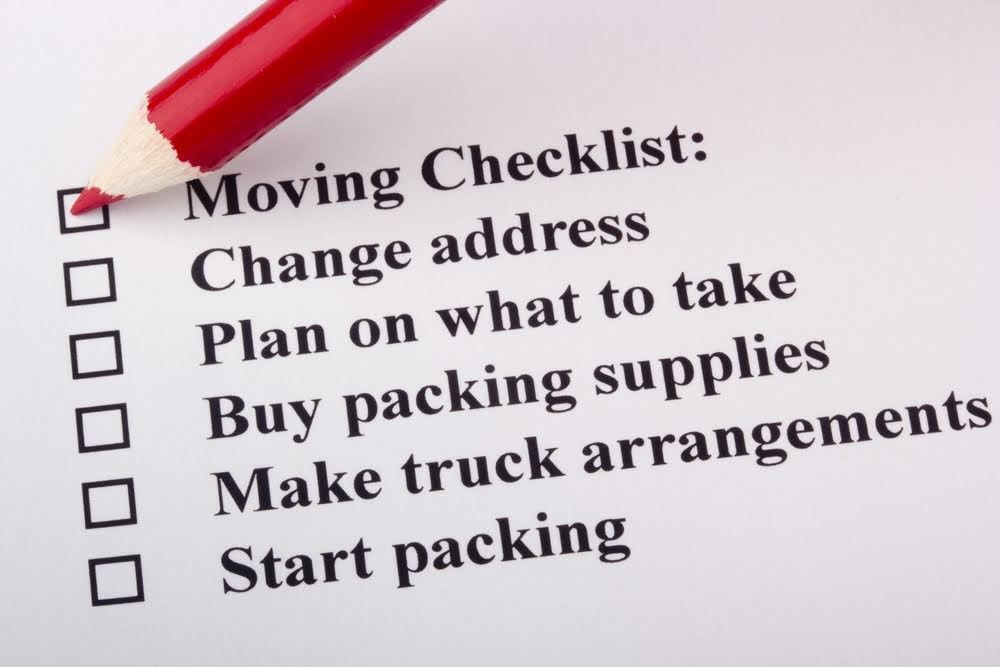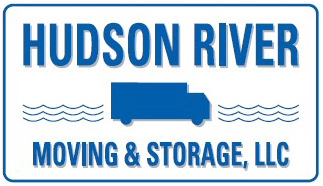7 Steps to Successful Office Relocation

Relocating to a new office is often time-consuming and labor-intensive. You have to move big, bulky office furniture and delicate electronics. In the meantime, normal business operations must go on without any interruptions. Since the entire process can be confusing, use the following guide to complete a successful office move.
1. Create a Project Plan
Many business relocations take months to plan, with some large companies planning their move for years. Therefore, begin creating a detailed project plan once you decide to move to a new office. The plan lists the essential activities necessary for a successful relocation. Also, specify the person in charge and identify who will complete each activity.
2. Review the Current Lease
Usually, tenants lose their deposit if they move out before the completion of their office lease. The landlord may also want the tenant to do any pending repairs before moving out. For example, you may need to repaint the office and fix any broken lights. Therefore, review your office lease and know what to do before relocating.
3. Set a Timeline
Once you know when the lease terminates, create a timeline that includes the preferred relocation date. The timeline should also state specific details, like the duration of setting up the new office. Remember to also include time for decluttering the office. Always allocate extra time for each activity to cater to unforeseen difficulties that might slow down the process.
4. Communicate to Your Team
After confirming the relocation date, share that information with external and internal parties. The parties to reach out to include:
- Property managers: Give official notice to your current landlord or property manager.
- Employees: Inform all employees of the new office location and the relocation date. An explanation for the move and the expected benefits of the new office may also help team members support the move.
- Partners: Inform any partner who should know your new address. For example, notify suppliers, affiliates, and local partners about the embedding move.
Your insurance company and the postal office should also know of your move in advance.
5. Plan for IT Relocation
Conduct a comprehensive audit of all your IT infrastructure. Determine what is obsolete, and donate or discard the obsolete items. Next, know how you will disassemble IT infrastructure and install it in the new office. Remember to keep an eye on any potential downtime and network issues as you settle in the new office.
6. Find Movers
While your team can help you move to the new office, working with a professional mover is the best option. The mover will have a moving crew, trucks, boxes, and liquidation services. Remember to choose a moving company that offers flexibility, is reliable and competitively priced. To confirm the moving company's expertise, read online reviews and get recommendations from colleagues.
7. Plan Office Design and Build-Out
The next step is to transform your selected office space into a comfortable and functional working environment. Identify the appropriate office layout and design. You can also include new furniture and specific design themes to highlight your services and products. In addition, discuss with an interior designer or your team to come up with an appropriate color scheme for the new office.
Relocating to a new office is a major challenge that can disrupt normal business operations. A better strategy would be to hire a qualified moving company to take care of the entire moving process. One such company is Hudson River Moving & Storage, LLC. We are a dynamic and reliable moving company that offers relocation services to companies of all sizes. Contact us for more information.
